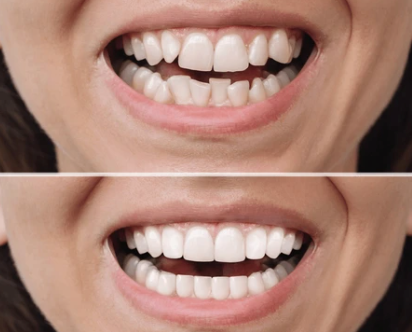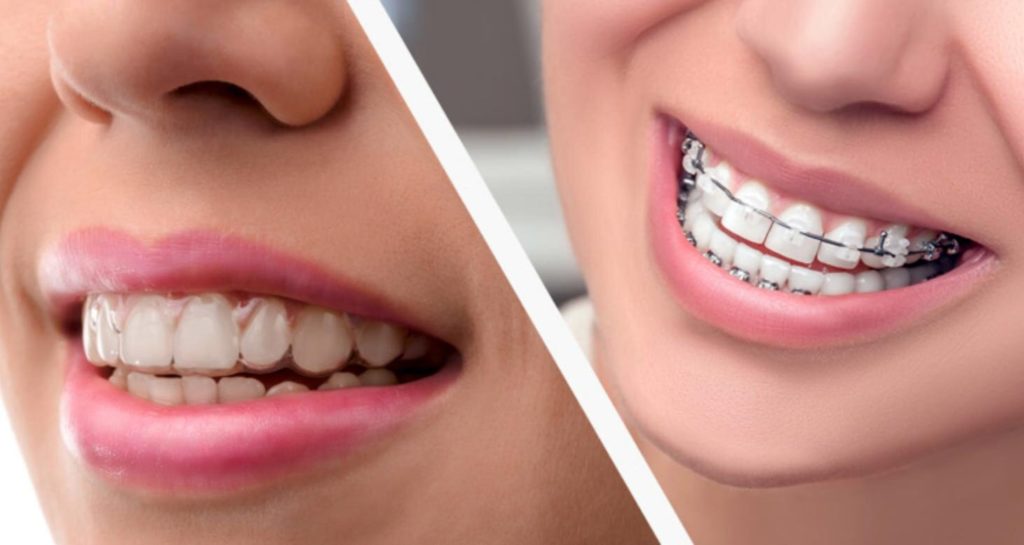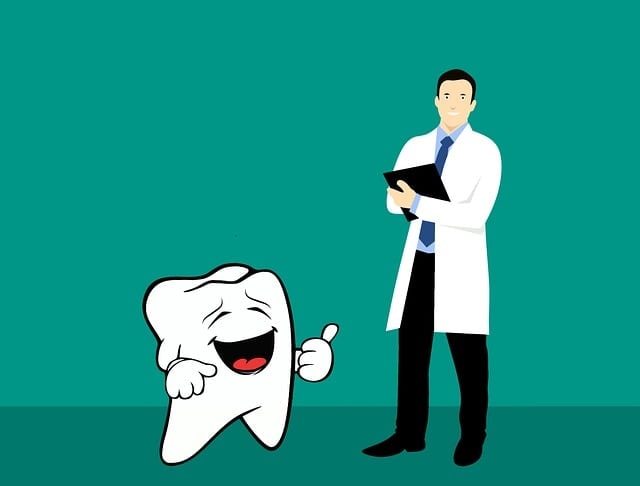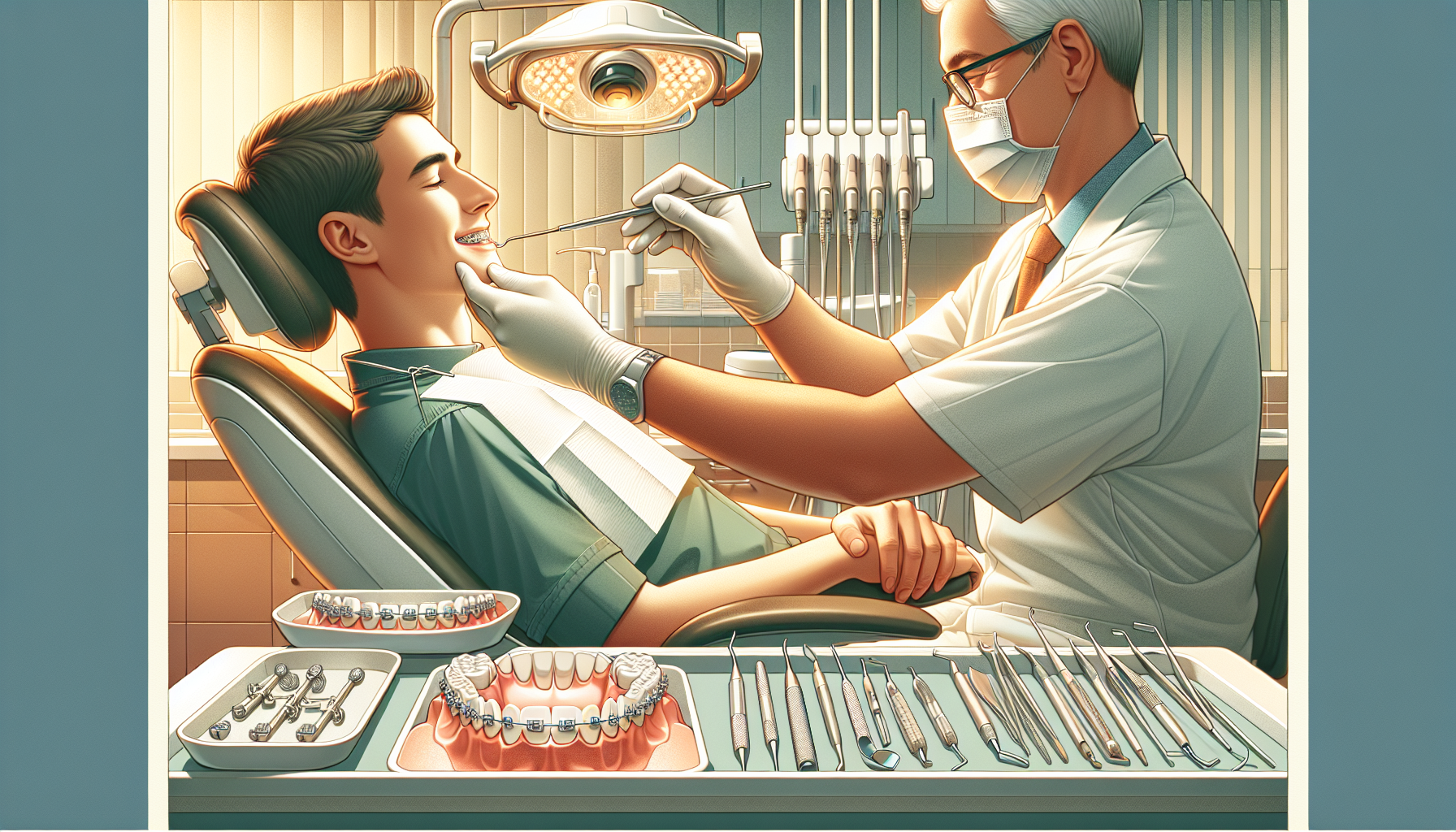Is Orthodontic Treatment Necessary: Getting to the Bottom of the Question
Orthodontic treatment is not just about achieving a straighter smile; it plays a crucial role in maintaining optimal oral health and overall well-being. Beyond aesthetics, orthodontic care addresses issues like misaligned teeth, crooked teeth, improper bites (malocclusions), and related dental problems such as tooth decay and gum disease by guiding teeth into proper alignment. This comprehensive exploration delves into why orthodontic treatment is essential, its extensive benefits beyond cosmetic improvements, and how it positively impacts individuals of all ages.
Understanding Orthodontic Treatments
Orthodontic treatment encompasses a range of interventions designed to correct misalignments and bite irregularities. These issues can manifest as overcrowded teeth, gaps, overbites (where upper teeth protrude over lower teeth), underbites (where lower teeth extend beyond upper teeth), and crossbites (upper and lower teeth misaligned sideways, where one or more upper teeth bite inside the lower teeth towards the tongue). Protruding upper teeth and issues with upper incisor teeth, often caused by habits like thumb sucking, are also common concerns that orthodontic treatment can address. While many individuals seek orthodontic treatment for aesthetic reasons, the health implications of misaligned teeth are profound.
Crooked or crowded teeth create challenging spaces that are difficult to clean thoroughly, leading to plaque buildup and increasing the risk of tooth decay and gum disease. Moreover, malocclusions can impact chewing function, speech clarity, and even contribute to temporomandibular joint (TMJ) disorders. Difficulty chewing can be a sign of misalignment or bite issues that would benefit from early intervention.
Health Benefits of Orthodontic Treatments

Orthodontic care offers significant health benefits by addressing misalignments and bite issues early on:
-
Preventing Dental Issues: Properly aligned teeth are easier to clean with regular brushing and flossing, reducing the likelihood of dental decay and gum inflammation. Wearing braces or aligners plays a crucial role in maintaining oral health by ensuring teeth are properly aligned. Orthodontic treatment not only enhances oral hygiene but also lowers the risk of developing serious dental conditions that may require extensive treatments in the future.
-
Improving Bite Function: Malocclusions can lead to uneven wear of tooth surfaces, jaw pain, and discomfort while chewing. Orthodontic interventions such as braces or clear aligners can correct bite alignment, promoting proper jaw function and reducing strain on teeth and jaw joints, leading to problems such as headaches or face and neck pain.
-
Enhancing Overall Oral Health: Beyond preventing tooth decay and gum disease, orthodontic treatment contributes to overall oral health by aligning teeth and jaws. This alignment supports healthy gum tissue and bone structure around the teeth, which are crucial for long-term dental health.
The Consequences of Misaligned Teeth: Understanding the Impact of Misaligned Teeth

Misaligned teeth have broader impacts on well-being and quality of life:
-
Dental Complications: Crooked or overlapping teeth are more prone to trapping food particles and plaque, leading to bacterial growth and potential cavities. Over time, untreated dental issues can escalate, requiring more invasive and costly treatments such as root canals or tooth extractions.
-
Aesthetic Concerns: While the aesthetic benefits of orthodontic treatment are significant, improving the appearance of one’s smile can have profound psychological effects. Individuals with straighter teeth often report increased self-confidence and willingness to smile openly, positively influencing personal and professional relationships.
-
Functional Impairments: Malocclusions can interfere with proper chewing and speaking, affecting daily activities and overall comfort. Mouth breathing can also lead to dental problems such as crowded teeth and an incorrect bite, indicating a potential need for early orthodontic intervention. Addressing these functional impairments through orthodontic treatment enhances the ability to eat comfortably and communicate effectively.
Benefits of Orthodontic Treatments

Orthodontic treatment offers a wide range of benefits that extend beyond oral health:
– Improved Aesthetics and Confidence: Straightening teeth and correcting bite alignment can transform a person’s smile, boosting self-esteem and confidence. This aesthetic improvement can have far-reaching effects on social interactions and overall happiness.
– Enhanced Quality of Life: Individuals who undergo orthodontic treatment often experience improved oral function, reduced discomfort, and enhanced overall well-being. Feeling confident about one’s smile can positively impact mental health and self-image.
– Long-Term Savings: Investing in orthodontic treatment early can prevent more costly dental procedures in the future. By addressing alignment issues promptly, individuals may avoid the need for extensive restorative treatments like dental implants or bridges.
– Personalized Care: Orthodontic treatment plans are tailored to each individual’s unique needs, taking into account factors such as age, dental health, and personal preferences. Advances in orthodontic technology, such as clear aligners and digital imaging, have made treatment more comfortable and convenient than ever before.
Medical Benefits of Orthodontic Treatments
Orthodontic treatment offers significant medical benefits beyond cosmetic improvements. By correcting misaligned teeth and bite issues, orthodontia enhances oral health by reducing the risk of tooth decay, gum disease, and related complications. Properly aligned teeth are easier to clean and maintain, promoting better oral hygiene practices that can prevent future dental problems.
Moreover, addressing malocclusions such as overbites, underbites, and crossbites can alleviate pressure on the jaw joints (temporomandibular joints), reducing discomfort and potential long-term issues like TMJ disorders. Overall, orthodontic interventions contribute to a healthier mouth, supporting optimal dental function and comfort while potentially minimizing the need for more invasive dental treatments in the future.
Who Can Benefit from Orthodontic Treatment
Orthodontic treatment is suitable for individuals of all ages who have concerns about the alignment of their teeth or their bite:
– Children and Adolescents: Many orthodontic issues, such as overcrowding or bite problems, become apparent during childhood or adolescence when permanent teeth erupt. Early intervention can guide proper jaw development and reduce the need for future corrective measures.
– Adults: It’s never too late to benefit from orthodontic treatment. Adults often seek orthodontic care to improve longstanding alignment issues or enhance their smile later in life. Advances in orthodontic technology, such as discreet aligners, make treatment options more appealing and accessible for adult patients.
Is Orthodontic Treatment Necessary?
While the necessity of orthodontic treatment varies from person to person, its potential benefits are clear:
-
Health Considerations: Orthodontic treatment can prevent dental issues, improve oral function, and support long-term dental health. Addressing upper jaw issues is crucial for overall oral health, as it can affect the positioning of the teeth and jaw alignment. Addressing misalignments early can mitigate the risk of developing more severe problems that may require extensive dental interventions.
-
Quality of Life: Straighter teeth and a properly aligned bite can enhance confidence, self-esteem, and overall quality of life. Feeling comfortable and proud of one’s smile can positively influence social interactions and mental well-being.
-
Personal Choice: Ultimately, the decision to pursue orthodontic treatment is personal. While dental professionals recommend treatment based on clinical findings and health considerations, patients decide based on their goals for oral health and aesthetic preferences.
Conclusion

Orthodontic treatment offers far-reaching benefits that encompass both oral health and personal well-being. Whether addressing alignment issues, improving bite function, or enhancing smile aesthetics, orthodontic care plays a crucial role in promoting a healthy, confident smile for individuals of all ages. Consultation with a qualified orthodontist can provide valuable insights into treatment options tailored to individual needs, ensuring a personalized approach to achieving optimal oral health and a beautiful smile.
Investing in orthodontic care today can lead to a lifetime of benefits, from improved oral hygiene and function to enhanced self-confidence and overall well-being. Embracing orthodontic treatment is not just about achieving a straighter smile—it’s about investing in your health and well-being for years to come.
Orthodontic treatment isn’t just about straightening teeth—it’s about investing in lifelong oral health and well-being. By addressing misalignments and bite issues early on, individuals can prevent dental complications and enjoy a healthier smile for years to come. Whether for children, adolescents, or adults, orthodontic care offers personalized solutions that enhance both dental function and aesthetic appearance. Consulting with a qualified orthodontist ensures tailored treatment plans that meet individual needs, promoting confidence and self-esteem. Ultimately, embracing orthodontic treatment is a proactive step towards maintaining optimal oral health and achieving a beautiful smile that lasts a lifetime.
Final Thoughts: The Transformative Power of Orthodontic Treatment
In conclusion, orthodontic treatment offers transformative benefits that extend beyond cosmetic improvements. From preventing tooth decay and gum disease to enhancing bite function and overall oral health, orthodontic interventions play a crucial role in supporting dental well-being at every stage of life. Whether through traditional braces or modern clear aligners, the journey to a straighter smile is accompanied by improved confidence and quality of life. Choosing orthodontic care is not just about aesthetics—it’s about prioritizing long-term dental health and embracing a brighter, healthier future with a smile that radiates confidence and happiness.


